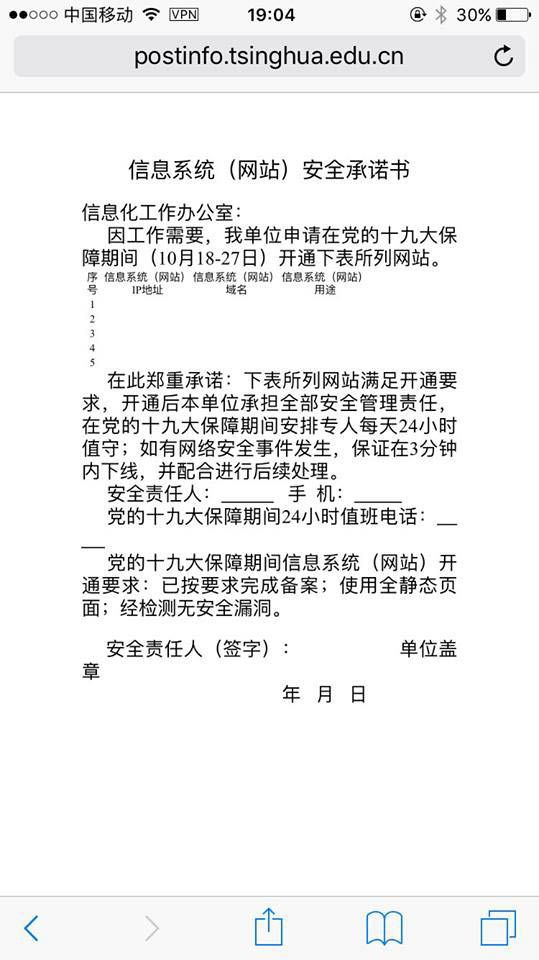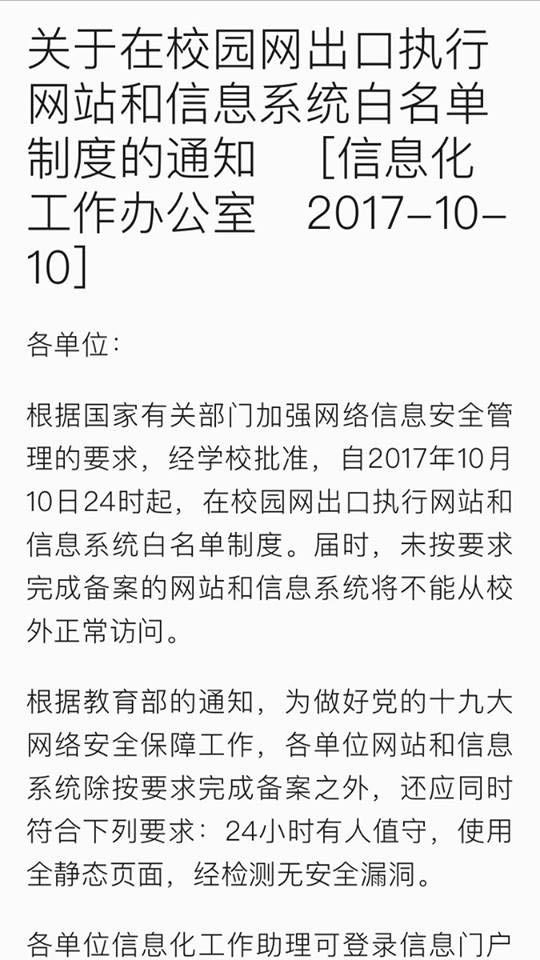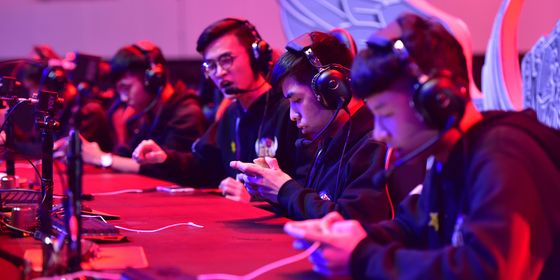WeChat translation goes full racist, Tsinghua website blocked, Samsung and Huawei battle it out, and China locates new stars
Each Thursday, The World of Chinese takes the most ground-breaking, impressive, or just plain weird technological advancements related to the Middle Kingdom and serves them in bite-sized chunks to keep you up-to-date on the latest news in the world of Chinese technology.
Starry-eyed in China
China’s new telescope, the world’s largest, has located six new Pulsars in the Milky Way. Pulsars are rotating neutron stars that beam out specific types of electromagnetic radiation. They can only be glimpsed when those beams are heading toward earth, so, to observers, pulsars can seem like they’re blinking in and out of existence. They’re pretty common, with an estimated 100 million of them in the Milky Way, but still they’re hard to spot.
WeChat’s racist translation
A woman in Shanghai had the unfortunate experience of writing a message in Chinese only to tap the translate function and see a particularly offensive word.
With experimentation, it appeared that the N-word showed up more often in translation when used in conjunction with negative phrases, like being late or lazy. Sixth Tone cited a WeChat spokesperson as saying that the program’s machine learning had drawn some unfortunate lessons from examples of language used online.
When TWOC tested the same function today, it appeared that WeChat had fixed the use of that particular word.
Tsinghua locked out of Great Firewall?
With the National Party Congress this month, access to the Chinese internet has been even more difficult than usual (and usually, it’s difficult). At Tsinghua, things have gotten extremely tough—even the student intranet, which allows them to pick courses for next year’s study, hasn’t been working properly.
A notice was reportedly posted on the website, indicating that parts of the site had to be taken down due to security orders from the authorities. Even that notice is now inaccessible, but people have taken screenshots.

Requirements and edicts are being issued to websites throughout China, telling them what kind of restrictions their websites should be adhering to for the duration of the meetings.

Samsung and Huawei battle over patents
Samsung has challenged Huawei on its own turf, with claims in Chinese courts that Huawei infringed on Samsung patent technology. A Chinese court has ruled that, of the eight claims that Samsung brought against Huawei, two are valid and one is partially valid. The rest have been thrown out.
Strangely, it almost seems as if the China Daily has picked a side and unambiguously declared Huawei the winner of the case, despite the court finding that some of the claims against them are, indeed, verifiable.
The two companies have been at each other’s throats for months, with claims of stolen technology being used in each other’s phones.
Cover image from Xinhua












